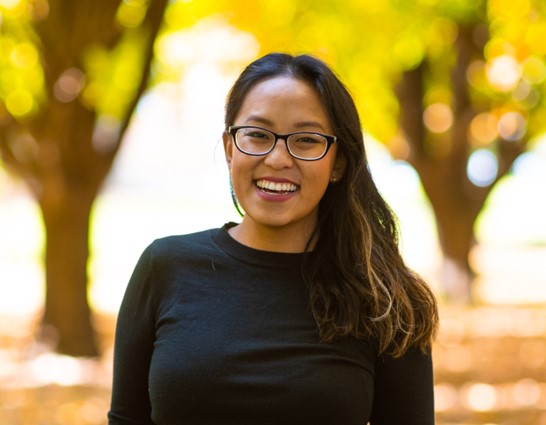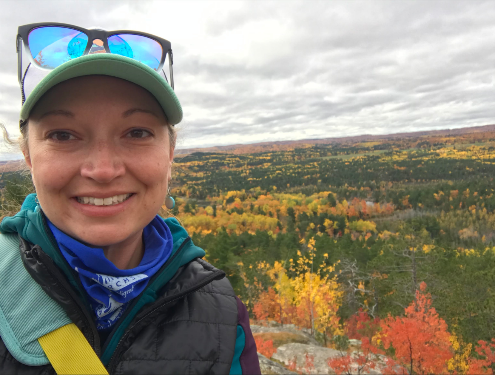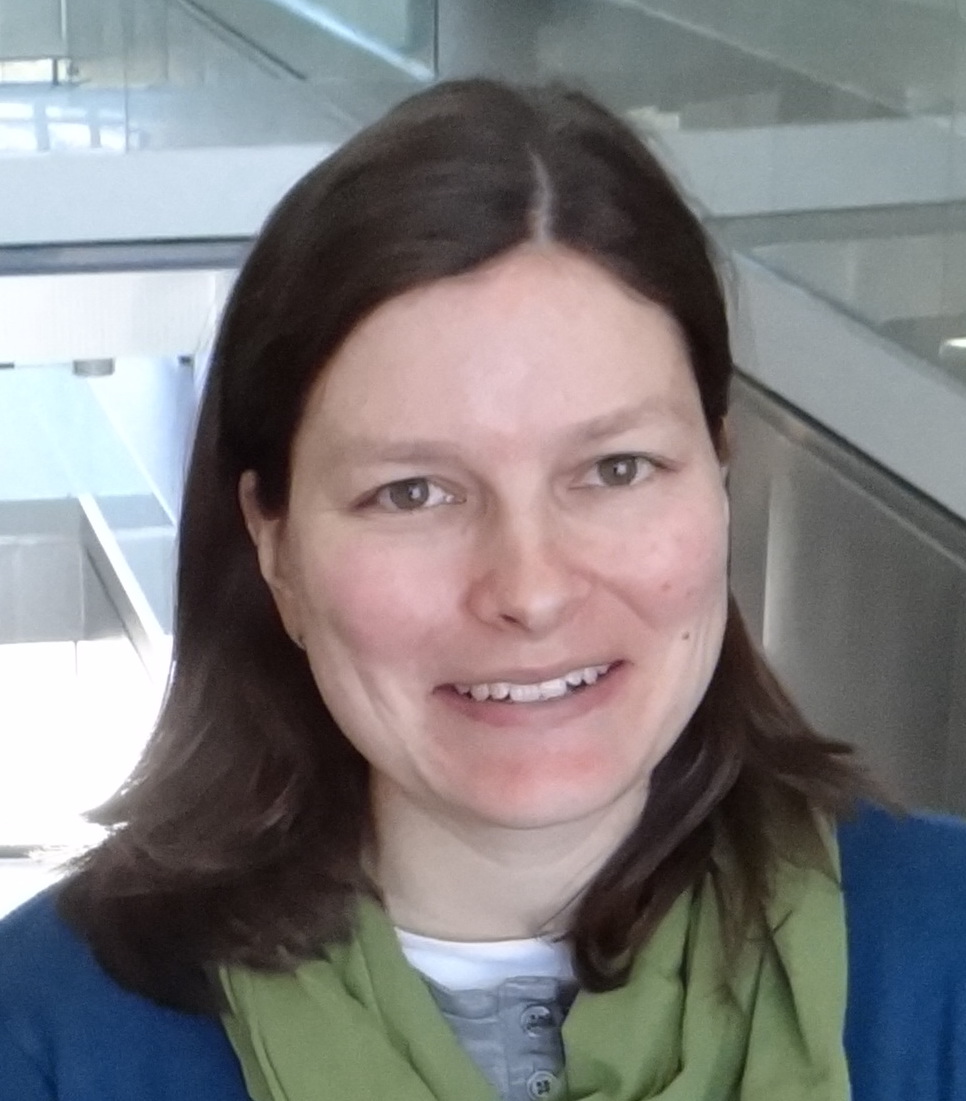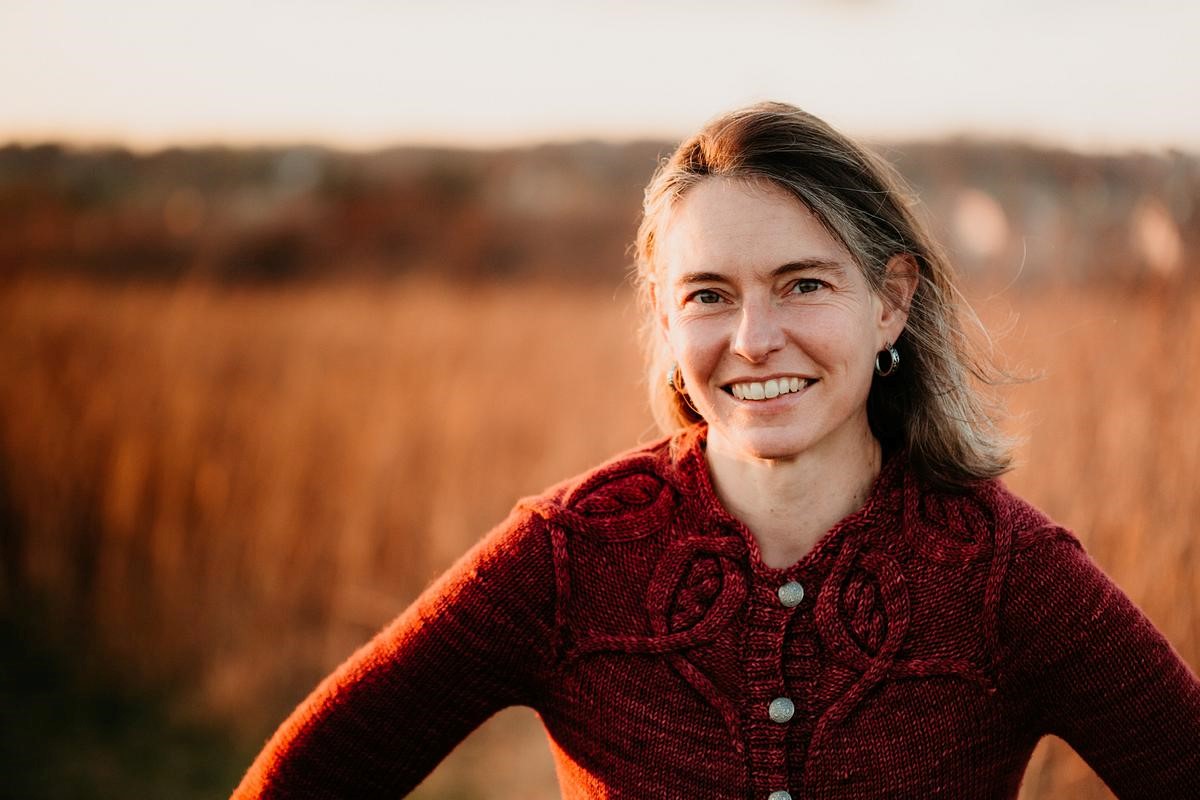Apply now to join our next cohort of Community Science Fellows and Community Leads!

Sun Prairie, Valley Park, 5.26.22 - Photo By Scott Semroc
This project seeks to address public engagement in sustainability and green infrastructure efforts in the City of Sun Prairie. In 2022, Sun Prairie residents were invited to participate in No Mow May to encourage good land stewardship, to raise awareness of the importance of foraging resources for pollinators, and to initiate resident participation in data collection through iNaturalist. This project will expand on the results of No Mow May 2022 by planning for more robust data collection and developing educational initiatives for No Mow May 2023. This will help Sun Prairie meet environmentally sustainability development pattern objectives in the City’s Sustainability Plan. The city also plans to revisit existing green infrastructure related ordinances for residential properties (natural lawns, terrace plantings) to empower and promote these efforts, which are relevant to this project objective.
Sun Prairie is located in Dane County, Wisconsin just northeast of the capitol city of Madison. With a population of 36,000, Sun Prairie is one of the fastest-growing cities in Wisconsin, and balancing rapid development patterns with sustainability is both a challenge and a priority. In 2021, Sun Prairie published the , an ambitious document outlining the City’s vision for sustainable growth and development in concert with the . In July 2021, the City of Sun Prairie added the position of Sustainability Coordinator, and they are actively collaborating with the Departments of Parks, Recreation & Forestry and the Community Development on projects such as this to promote biodiversity and green infrastructure through specific projects in the community. Sun Prairie is working with Thriving Earth Exchange to expand capacity for a No Mow May pilot project in order to educate residents about green infrastructure and their participation in the City’s overall goal for sustainable development.
Goal #3 in the Sustainability Report, “Engage and Educate All Community Stakeholders on Sustainable Lifestyle and Business Practices” identifies strategic recommendations that include education, training, and other resources through the library, school district, and neighborhood associations. Findings from No Mow May 2022 will inform the development of educational resources for the benefit of the community (primarily residential properties), including lawncare management best practices, applicable city ordinances, and best practice resources for projects such as natural lawns or rain gardens. The Sustainability Coordinator developed a tool kit with resources for communities interested in implementing No Mow May. For 2023, the City of Sun Prairie will build off the results of the May 2022 pilot to plan for more detailed data collection and the ultimate outcome of a measurable increase in abundance and diversity of pollinators. This will justify continuing the practice and serve as a model for other cities who are developing and expanding their efforts in sustainability.

Scott Semroc, Sustainability Coordinator. Scott works as the Sustainability Coordinator for the City of Sun Prairie and graduated from The Ohio State University in 2015 with a BS in Sustainable Business, and has also received his LEED AP O+M certification. He has served several non-profit organizations, including Green Columbus, USGBC OH & WI, and most recently is serving as the 2021 Curator for a World Economic Forum initiative via the Madison hub. Scott manages projects for the city that achieve its sustainability objectives, including lowering energy use in city facilities, working across departments to support new initiatives, and track overall progress.

Sandy Xiong, Strategic Planning and Engagement Manager. Sandy serves as the Strategic Planning and Engagement Manager for the City of Sun Prairie overseeing the departmental operations of the Administrator’s Office to advance the city’s efforts in equity and sustainability. She works across departments to support the City’s strategic planning, employee engagement, and organizational development initiatives. Sandy graduated from UW-Madison with a B.S. in French Education with a certificate in Global Studies.

Cindy Burtley, Parks & Forestry Division Manager. Cindy works as the Parks and Forestry Division Manager at the City of Sun Prairie. She oversees the management and operations of over 40 city parks and over 10,000 public trees in the City of Sun Prairie. She has a B.S. from the University of Wisconsin-Stevens Point in Forest Ecosystem Restoration and Management, and her M.S. in Environmental Policy from the University of Wisconsin – Green Bay where she measured temperate forest growth dynamics.

Dr. Hannah Gaines Day is a Research Scientist at the University of Wisconsin-Madison, Department of Entomology. Her research interests broadly relate to the impact of local and landscape scale resources on wild and managed pollinators in agroecosystems. Since 2006, she has conducted research in a diversity of Wisconsin agricultural systems including potato, cranberry, apple, small-scale mixed vegetable, and commercial beekeeping. She also helped develop the community science program WiBee: The Wisconsin Wild Bee App which uses an app-based platform to collect data on pollinator activity across the state. Hannah holds a BA from Bates College (Lewiston, Maine) and an MS and PhD from the University of Wisconsin-Madison
Dr. Genevieve Pugesek is broadly interested conservation ecology and habitat management. Though she has studied many taxa, she has a special place in her heart for bees, which she has been working with since starting graduate school. For her dissertation research, she sought to identify high-quality nesting and overwintering habit for bumble bees using the tools of population and movement ecology. Currently, she is working on a project exploring the impacts of controlled burns on bumble bees and the flowering plants they rely on.

Susan Gaeddert, Community Science Fellow. Susan works as Special Projects Manager at 1000 Friends of Wisconsin, an environmental nonprofit organization specializing in land use and equitable transportation planning. At 1000 Friends, Susan works with communities statewide to implement active transportation plans and programs that remove systemic barriers to access for safe infrastructure for walking, biking, and transit.
Sun Prairie Area School District (SPASD) – The School District is working with the City of Sun Prairie to advance green infrastructure upgrades in the community through participation in No Mow May 2022, developing educational programs for students, and collaborating with the community via the Sun Prairie Sustainability Committee.
Sun Prairie Area School District – Sun Prairie Area School District (sunprairieschools.org)
Dane County Sustainability Leaders Collaborative (SLC) – The SLC is a is a partnership of cities, towns, villages, and school districts across the county focused on climate change.
Sustainability Leaders Collaborative | Office of Energy and Climate Change (daneclimateaction.org)
(c) 2024 Thriving Earth Exchange